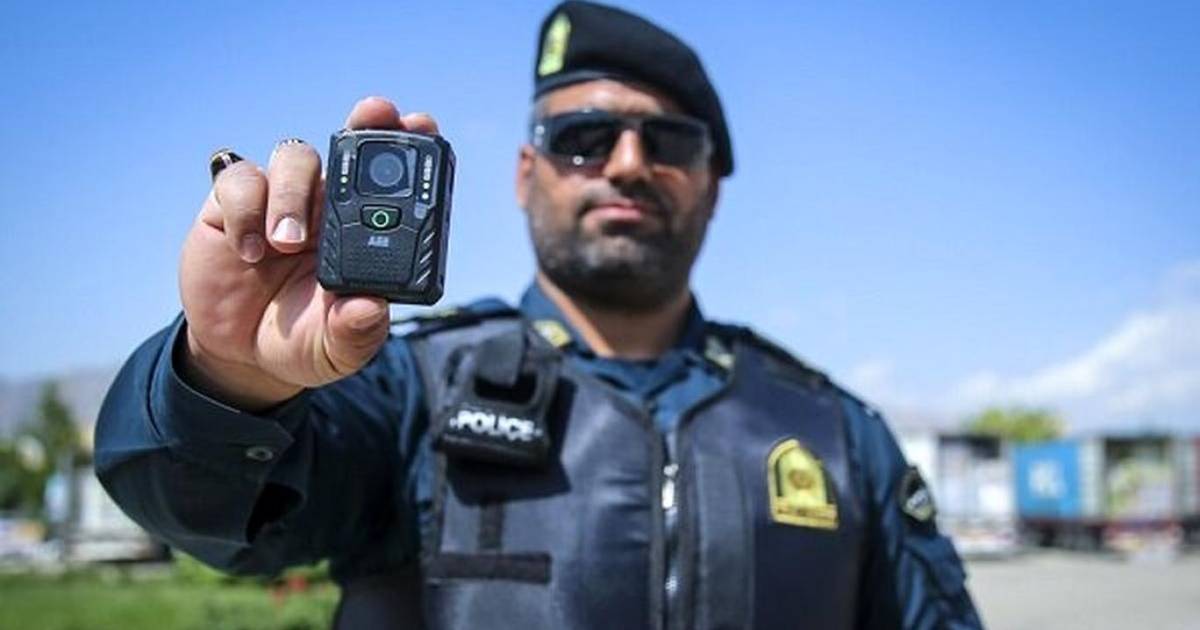
Similar Posts
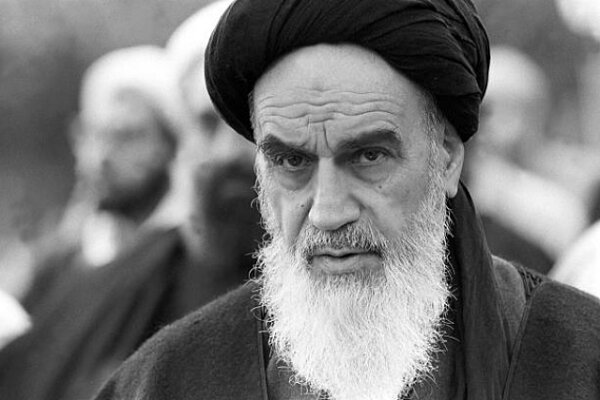
Ruhollah Khomeini: A Journey Through His Life from Birth to Legacy
Ayatollah Sayyed Ruhollah Mousavi Khomeini, born on September 24, 1902, in Khomein, Iran, was a key figure in the 1979 Islamic Revolution that overthrew the Shah and established the Islamic Republic. A prominent cleric and Marja, Khomeini became Iran’s Grand Leader, shaping Islamic governance through his concept of velayat-e faqih. After years in exile, he returned to Iran on February 1, 1979, to a triumphant welcome. He passed away on June 3, 1989, with his funeral attended by over ten million people. His legacy endures, influencing contemporary Islamic thought and governance.
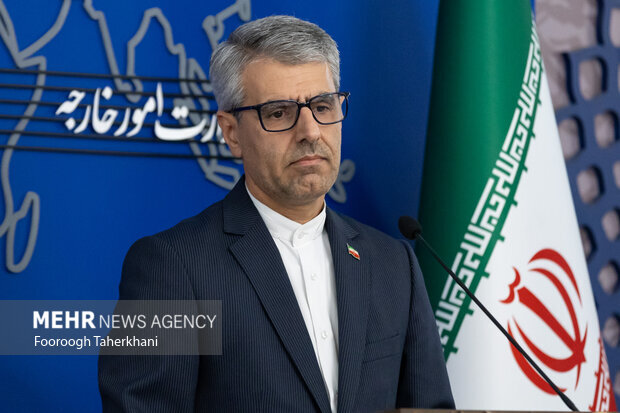
Unlocking the Terms: What ‘Threat’, ‘International Peace’, and ‘Security’ Really Mean
Iranian Foreign Ministry Spokesman Esmail Baghaei recently addressed escalating tensions with the European Union over human rights and nuclear energy issues. In response to EU foreign policy chief Kaja Kallas’s comments, Baghaei condemned the EU’s accusations, emphasizing that the real threat to global peace is Israel’s nuclear arsenal and its actions in Gaza. He rejected claims of Iran’s involvement in the Ukraine crisis and criticized the EU’s support for Ukraine’s NATO membership. Baghaei also highlighted the EU’s failure to uphold the 2015 nuclear agreement and called for diplomatic resolutions, asserting that blame-shifting will not resolve ongoing disputes.
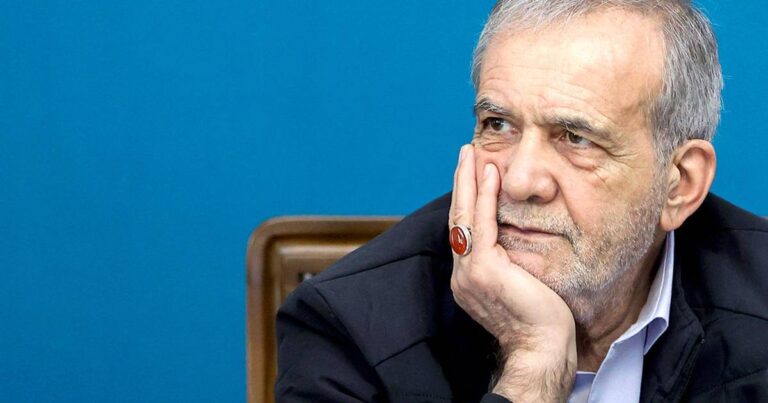
Iranian Expert Calls for Presidential Resignation Amid Ongoing Crises
Public unrest in Iran is escalating, with calls for President Pezeshkian to fulfill his campaign promises, including easing internet restrictions and enhancing media freedom. Political analyst Abbas Abdi criticized the president for failing to deliver on these commitments, warning that if he cannot act decisively, he should resign. As Pezeshkian’s popularity declines, economic issues worsen amid crippling US sanctions, leading to widespread protests uniting various societal groups. Critics emphasize that Pezeshkian’s adherence to Supreme Leader Khamenei’s policies undermines his mandate. With growing discontent, the pressure mounts for tangible reforms to address the country’s pressing challenges.
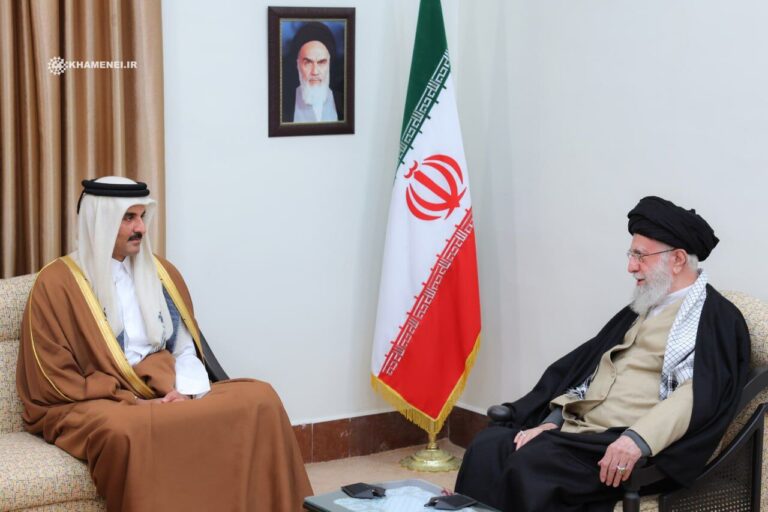
Iran’s Strategic Vision: Leader Emphasizes Commitment to Strengthening Neighborly Relations
In a key diplomatic meeting in Tehran, Ayatollah Seyyed Ali Khamenei stressed the importance of strengthening ties with neighboring countries, particularly with Qatar, during discussions with Emir Sheikh Tamim bin Hamad Al Thani. Khamenei affirmed that enhancing relations is a core policy of Iran, acknowledging progress made under President Masoud Pezeshkian’s administration. Despite existing challenges, including $6 billion in frozen Iranian assets due to U.S. sanctions, Khamenei described Qatar as a “friendly” nation and urged resistance to U.S. pressure. The Emir expressed support for regional cooperation and announced plans for a joint commission to boost bilateral trade.
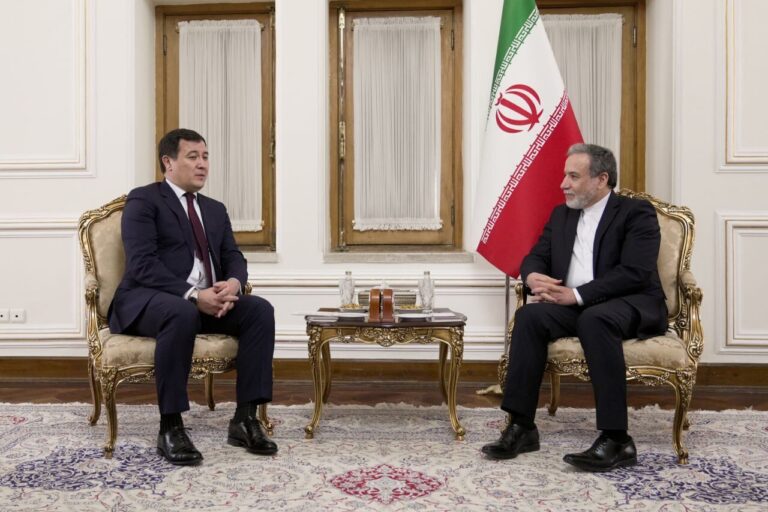
Iran’s Foreign Minister Highlights Private Sector Opportunities to Boost Economic Relations with Kazakhstan
Iranian Foreign Minister Abbas Araghchi met with Kazakhstan’s Deputy Foreign Minister Alibek Bakayev to discuss enhancing economic cooperation between the two nations. Araghchi emphasized the significant role of the private sector in expanding commercial ties and the importance of multilateral frameworks for fostering partnerships. He urged members of the Economic Cooperation Organization (ECO) to utilize their resources for better collaboration. Bakayev expressed Kazakhstan’s commitment to strengthening relations with Iran and appreciated Iran’s role in hosting the ECO Foreign Ministers’ meeting, aiming to boost trade among member states. Both nations see promising potential for growth through collaborative efforts.
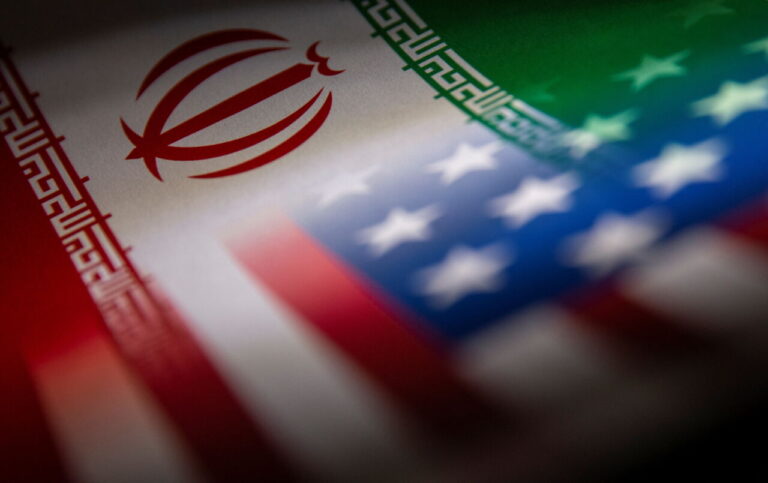
U.S. Unleashes Sanctions on Iranian Trio and Company: A Strategic Move Against Malign Influence
The U.S. Department of the Treasury’s Office of Foreign Assets Control (O.F.A.C.) has imposed new sanctions on an Iranian company, Fuya Pars Prospective Technologists, and three individuals amid rising tensions with Iran and ongoing nuclear negotiations. Secretary of State Marco Rubio raised alarms about Iran’s expanding nuclear program and potential dual-use research relevant to weapons delivery systems. In contrast, Iranian officials maintain that nuclear weapons are not part of their political or military agenda. The international community is closely watching the situation as these sanctions take effect, with negotiations aimed at addressing Iran’s nuclear ambitions continuing.